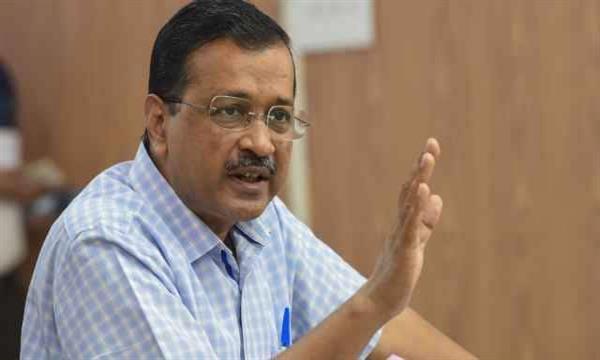
Assessing whether a politician is suitable for a country like India involves a complex analysis of various factors. While it is subjective to label any politician as definitively right or wrong for a nation, there are certain perspectives on Arvind Kejriwal, the Chief Minister of Delhi and leader of the Aam Aadmi Party (AAP), that some people hold. I can provide you with some general viewpoints:
Lack of Experience: Critics argue that Arvind Kejriwal lacks extensive political experience at the national level, which they believe may hinder his ability to effectively address the diverse and complex challenges facing India. They contend that a leader with more experience and a broader understanding of national governance may be better suited for the role.
Populist Approach: Some critics assert that Kejriwal has adopted a populist approach, focusing on quick-fix solutions and making promises that may not be sustainable or realistic in the long term. They argue that such tactics can create unrealistic expectations among the public and may not lead to comprehensive, enduring solutions to the country's problems.
Tendency for Confrontation: Kejriwal's confrontational style of politics has drawn criticism from opponents who believe that his approach of publicly accusing and criticizing political rivals may contribute to a polarized political atmosphere. Detractors argue that a more collaborative and consensus-building approach is needed to address India's complex societal and economic challenges.
Governance at the Local Level: While Kejriwal has received praise for certain initiatives implemented in Delhi, some critics argue that his focus on local governance has limited his ability to demonstrate leadership on a national scale. They contend that his policies and achievements at the state level may not necessarily translate into effective governance at the broader national level.
Ideological Differences: Kejriwal's political ideology and policy positions have drawn criticism from those who disagree with his approach. Critics argue that his emphasis on populism, skepticism towards economic liberalization, and confrontational style may not align with the diverse and nuanced needs of a country as vast and complex as India.
It is crucial to note that these criticisms are not universally held, and there are also supporters who believe that Kejriwal's leadership and policies have positively impacted Delhi and could be beneficial for India as a whole. Political opinions and assessments can vary significantly, and it is important for individuals to critically evaluate different perspectives and make their own informed judgments based on their values, priorities, and an understanding of the specific context and challenges facing the country.